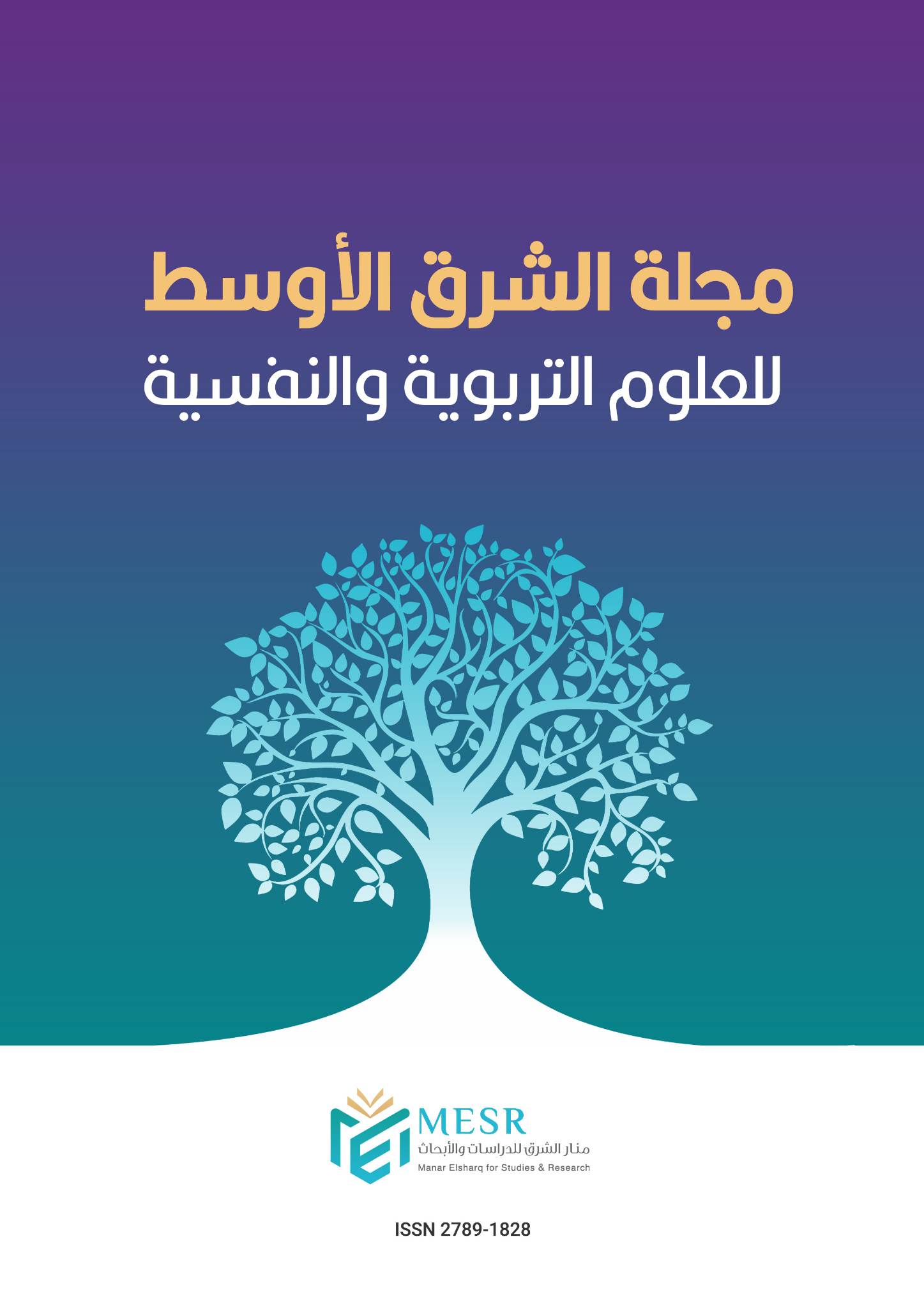The Impact of Societal Beliefs Toward Educational Pathways (Academic and Vocational) on Self-Esteem Among Secondary School Students: A Comparative Study
محتوى المقالة الرئيسي
الملخص
Objectives:This study aimed to explore the impact of societal beliefs regarding educational tracks (academic and vocational) on the self-esteem of secondary school students in the Al-Dinniyeh region of northern Lebanon, in light of prevailing stereotypes that favor academic education and devalue vocational paths.
Methods: The study adopted a descriptive-analytical methodology and was conducted on a sample of 300 students equally distributed between both tracks, using the Hudson Self-Esteem Scale and a specially designed questionnaire to assess societal beliefs.
Results:The results showed no statistically significant differences in self-esteem levels between students in academic and vocational education, nor were there significant differences based on gender. However, the study revealed a statistically significant negative correlation between negative societal beliefs toward vocational education and students’ self-esteem. Regression analysis further indicated that these societal beliefs explained 20% of the variance in self-esteem levels.
Conclusion: The study recommends revisiting the stereotypical views toward vocational education through awareness programs and early educational guidance that respects individual differences and enhances students’ self-esteem, regardless of their chosen educational path.
المقاييس
تفاصيل المقالة

هذا العمل مرخص بموجب Creative Commons Attribution 4.0 International License.




